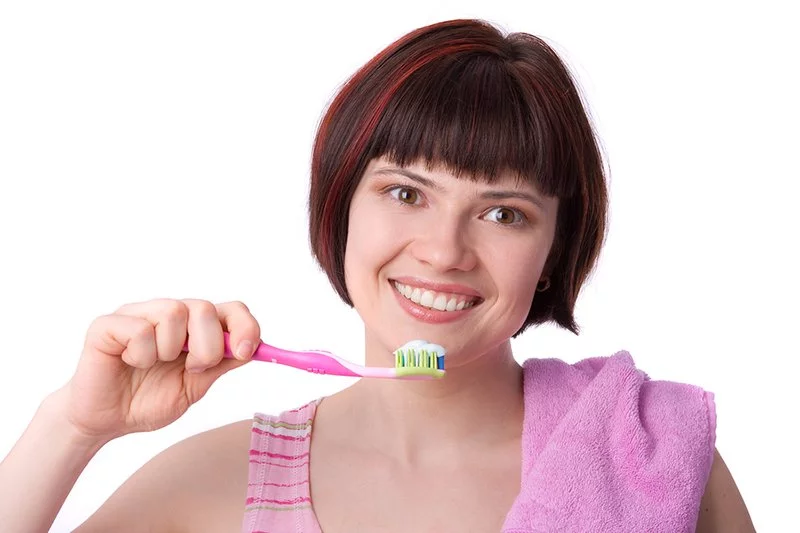
Even patients who have a very solid daily dental hygiene routine may have trouble cleaning every part of their mouth. But a dental hygienist or a dentist sees hundreds of mouths a year and can easily point out the trouble spots that are common for us all! Here are some tips about how to make sure you are cleaning your mouth thoroughly enough to prevent problems like tooth decay and gum disease.
Behind Your Teeth
The back sides of your teeth are referred to as lingual by dentists because it’s the side that your tongue rests against (lingua means tongue in Latin). Your tongue can harbor bacteria and debris, so when it rests against the back of your teeth, it can deposit more gunk onto their surfaces. The back sides of your bottom teeth are even more susceptible to tartar buildup because of their proximity to the salivary glands under your tongue. Pay special attention to this part of your teeth when brushing by rotating your brush so it’s held vertically instead of horizontally, ensuring the bristles make full contact with the teeth and gum line as you scrub.
Back Teeth
One of the biggest problems that keeps people from brushing thoroughly is not reaching far back enough. The molars at the back of your mouth are your primary chewing teeth and are full of nooks and ridges because of their shape. However, lots of patients don’t seem to give these teeth enough attention. Even if you manage to scrub the top chewing surfaces of your back teeth, you may be missing the front and back sides of these teeth, where it’s a little harder to get a good angle with your brush. Missing these spots means you’re not sweeping debris away from the gum line, where it can cause big problems such as gum disease. If you find it uncomfortable to get your toothbrush that far back in your mouth, you may consider finding one with a smaller head. Most electric toothbrushes come with different size head options and manual tooth brushes vary from brand to brand. We’re happy to offer advice on how to find one that suits you.
Between Teeth
No matter how well you brush or how “advanced” your electric toothbrush it is, there’s no way for brushing alone to clean between your teeth. If you aren’t flossing, that means you could be leaving about 50% of the plaque behind! In addition to preventing cavities and gum disease, flossing prevents bad breath and tooth staining. If you floss everyday but are still having problems with bad breath, staining, or plaque buildup, we’d be happy to evaluate your technique and offer tips at your next teeth cleaning visit.
